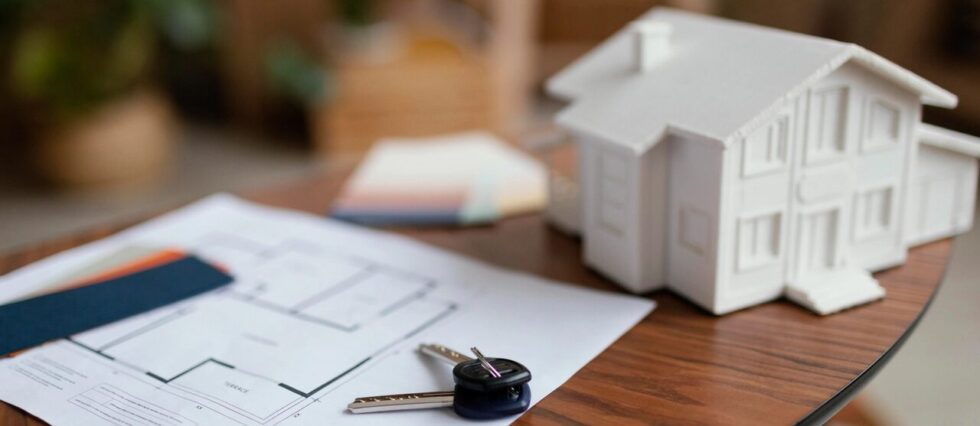How to buy an apartment in Germany with a mortgage as a foreigner — procedure, costs, and pitfalls

Germany is one of the most attractive real estate markets in Europe, drawing foreign buyers who want stable investments and long-term security. While buying property in cash is straightforward, obtaining a mortgage as a foreigner is far more complex. German banks impose strict requirements: stable income, proof of residence, SCHUFA credit record, and often a high down payment. EU citizens usually have easier access to financing than non-EU nationals, but in both cases, the process involves detailed paperwork and significant additional costs. Understanding the procedure and hidden pitfalls is essential, as highlighted by G.business.
Requirements for foreigners
Foreign buyers must meet high standards to obtain a mortgage in Germany. Banks prefer applicants who have lived and worked in Germany for at least two years. A residence permit, a German bank account, and a permanent work contract are often mandatory. Some banks accept foreign income, but only with additional verification and translations. Without SCHUFA history (Germany’s credit record), approval is extremely difficult.
Requirements include:
- residence permit or EU citizen status,
- German bank account,
- SCHUFA report,
- permanent income in Germany,
- 20–40% down payment.
Step-by-step buying process
Buying an apartment in Germany involves several legal and administrative stages. After agreeing with the seller, both parties go to a notary to sign a preliminary contract. The buyer then applies for a mortgage, submitting detailed financial records, employment contracts, and identification. Once the bank approves, the final notarial deed is signed, and the buyer is registered in the Grundbuch (land registry). The whole process takes 2–3 months.
Steps in Germany:
- Preliminary contract with a notary.
- Mortgage application with complete documents.
- Bank assessment and approval.
- Signing the final deed.
- Registration in Grundbuch.
Additional costs in Germany
Apart from the property price, Germany has high side costs, usually 10–15% of the purchase price. These include Grunderwerbsteuer (property transfer tax, 3.5–6.5%), notary and registration fees (~1.5–2%), and sometimes broker commissions (up to 7%). Banks may add processing fees, and property insurance is mandatory. Without planning these expenses, buyers risk unexpected financial strain.
Estimated costs (for €300,000 property):
- transfer tax: €10,500–19,500,
- notary & registry: €4500–6000,
- broker: €9000–21,000,
- bank fees: €1500–3000,
- insurance: €300–500 yearly.
Pitfalls and risks
Foreigners often underestimate how rigid German banks are. Lack of SCHUFA history is the most common obstacle. Many banks refuse to consider foreign income or require high down payments (30–40%). Long waiting times for mortgage approval may cause buyers to lose the property deal. Language barriers and the need for certified translations add complexity. Not being aware of these pitfalls can result in financial loss.
Frequent issues:
- rejection due to missing SCHUFA,
- down payment requirement too high,
- income earned abroad not accepted,
- delays in approval,
- unexpected broker or legal fees.
Practical advice for foreign buyers
Foreign buyers can improve their chances by preparing in advance. Establishing a German bank account, obtaining SCHUFA, and saving for a higher down payment are crucial steps. Comparing offers from multiple banks and consulting financial advisors ensures better conditions. Always calculate with 10–15% side costs to avoid surprises.

Tips for success:
- secure at least 30% down payment,
- build SCHUFA history early,
- prepare certified translations of all documents,
- compare multiple banks,
- use an experienced notary and advisor.
Buying an apartment in Germany with a mortgage as a foreigner is a complex but achievable goal. Strict banking rules, SCHUFA requirements, and high down payments may discourage some buyers, yet proper preparation significantly increases success rates. Understanding all side costs, preparing certified translations, and comparing multiple banks are essential steps. With professional support from a notary and financial advisor, the process becomes manageable and transparent. For foreigners planning long-term residence or investment, German real estate remains a safe and profitable option.
Stay connected for news that works — timely, factual, and free from opinion — and insights that matter now: How to transfer foreign pension rights to Germany and avoid losing contributions in 2025
